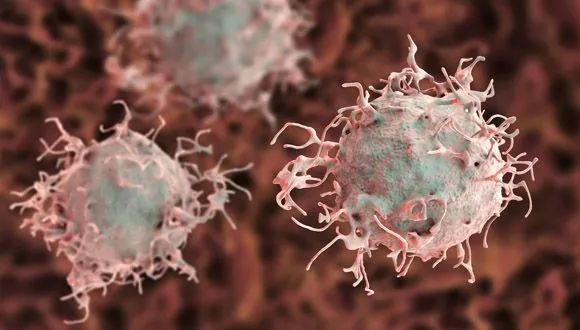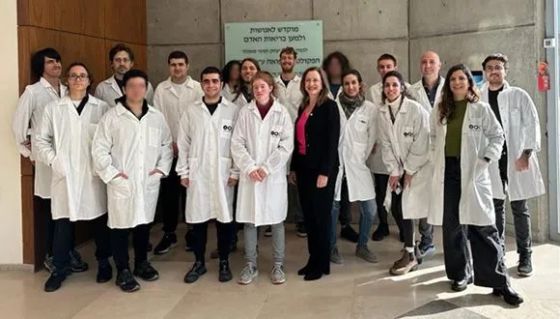
Lessons in Tolerance and DNA Extraction in Tel Aviv University’s Medical Labs
High school students on the autism spectrum were integrated for a whole semester in the research laboratories of TAU’s Faculty of Medicine.
A hugely successful pilot project was concluded in Tel Aviv University’s Sackler Faculty of Medicine, in which nine curious high school students on the autism spectrum from the Ahad Ha’Am School in Petah Tikva (a city in the Central District of Israel) were integrated in the University’s medicine labs for one semester. In the labs, the highschoolers experienced research and teamwork under the guidance of TAU medical students and doctoral students. Together, they programmed codes for research analyses, grew bacteria, extracted DNA, and other fascinating activities.
All good things come to an end, and a touching farewell ceremony was held on campus last week. Good news is, because of the project’s success there are now plans to expand the program to include additional School of Medicine labs.
Opening the Labs
The special project was launched by Sharon Naor, a TAU PhD graduate student of the Faculty of Medicine, and Prof. Karen Avraham, Dean of the Faculty, in collaboration with Kobi Malka, Director the of the “גדולים במדים” (“Big in Uniform”) program of the Lend a Hand to a Special Child association. Malka’s program typically works to integrate children on the autistic spectrum into the army.
The project consisted of two-hour sessions every week for an entire semester. Every week, the youth met with graduate and doctoral students who generously contributed their time and knowledge in seven different medical laboratories that were allocated for the project.

Mutual contribution (from left to right): Lily Trossman and Dr. Moran Goren, who took part in the project together
“One of the [TAU] students told me during the semester: ‘I’m learning to be more tolerant and to listen to someone who thinks at a different pace. It doesn’t mean that the person is less talented than me.’ In other words: ‘I came to teach and left educated'” Dr. Sharon Naor
Came to Teach and Left Educated
“We thought it would be a good idea to introduce young people diagnosed on the autistic spectrum to the world of science, explains Dr. Sharon Naor. “We’re not talking about a day of fun, but to bring them inside some of Tel Aviv University’s many labs and let them be a part of what’s going on there for some time. Who knows, maybe the experience will inspire some of them to become scientists themselves one day,” he muses.
He is convinced that the sessions were mutually beneficial for the highschoolers and for the University students: “One of the graduate students told me during the semester: ‘I’m learning to be more tolerant and to listen to someone who thinks at a different pace. It doesn’t mean that the person is less talented than me.’ In other words, the student joined the project with the intention to teach and was surprised to leave the experience educated.”
The Dean of Medicine agrees that both highschoolers and students benefitted from the project. Addressing the participants from her Faculty, Prof. Karen Avraham commended the students for dedicating their time to this project and added: “I believe that these two hours a week have nurtured something inside you as well, and that the project opens our hearts. I have no doubt that we will continue this wonderful project.”
“What helps build a better society are small human actions, the ability to pay attention to the needs of other people, and to look for ways to accommodate and to provide a suitable response.” Yael Bezalel Zhelezni
While We’re on the Topic of the Heart…
“We work hard to prepare our students for the future by familiarizing them with various systems and institutions that they will encounter, such as the military system, the employment system… and this year we got the opportunity to introduce them to the academic system as well!” said Yael Bezalel Zhelezni, Director of the Ahad Ha’Am School, addressing TAU’s academic staff. She and her staff had witnessed the participating highschoolers’ great excitement about the lab sessions during the semester.
“What helps build a better society are small human actions, the ability to pay attention to the needs of other people, and to look for ways to accommodate and provide a suitable response. This project is a lesson in modesty, respect and friendship… and perhaps the most important lesson they will receive in their lives: how to be a person who sees the other and their needs (…) We are all different in some way or another.”
She noted that, “whereas the apparent target may be our young students, the real target of education in this project is society at large”
Bezalel Zhelezni expressed her hope for the future generation of health professionals: “I hope, dear students, that these encounters will stay with you in the future, when you provide the most important care for humanity – medical care. And as for the lecturers among you: beyond producing talented new doctors, I hope that you will also pass on a sensitivity to this special group within our population. And that you will do so with pride.”
Featured Image: The project’s trainees, supervising students and Prof. Karen Avraham, Dean of the Faculty of Medicine
Related posts






Destroying Cancer: new drug delivery system containing RNA therapy can target cancer cells in bone marrow

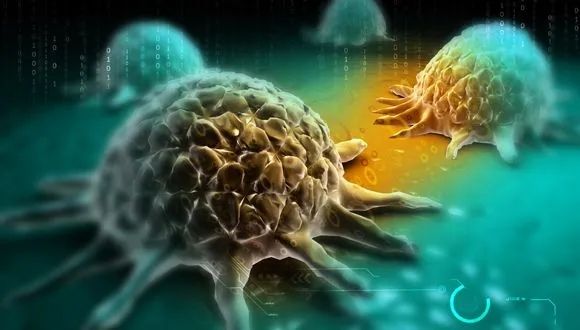



Operation Guardian of the Walls: Women, Young People and Residents of the South Paid the Heaviest Price
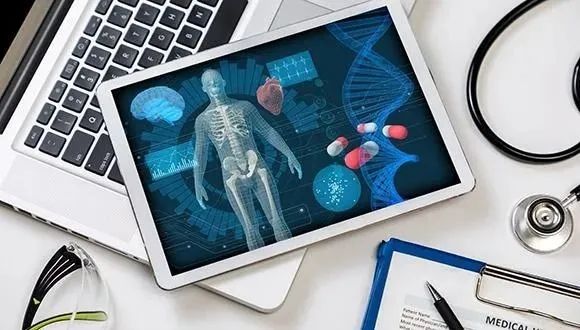
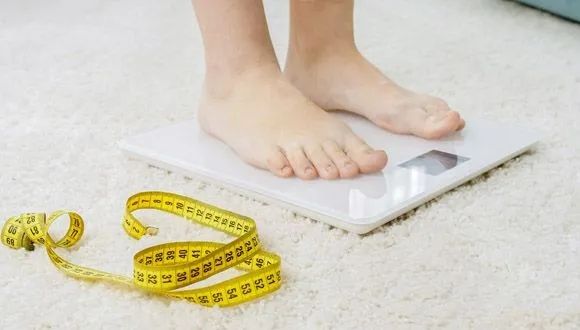
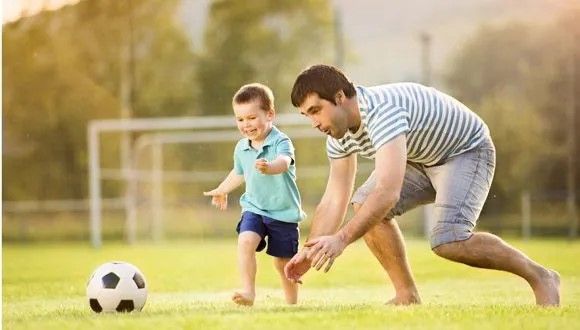
Breakthrough Gene Therapy Offers Hope for Severe Developmental Epilepsy in Children
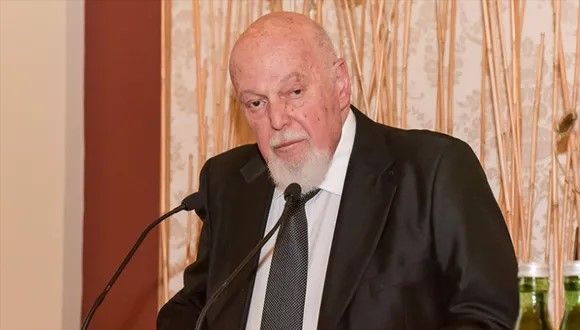
Prof. Isaac P. Witz Honored with 2023 Szent-Györgyi Prize for Progress in Cancer Research
